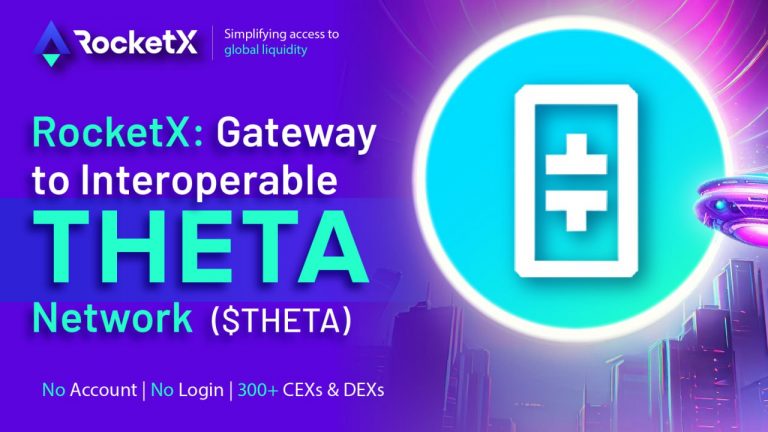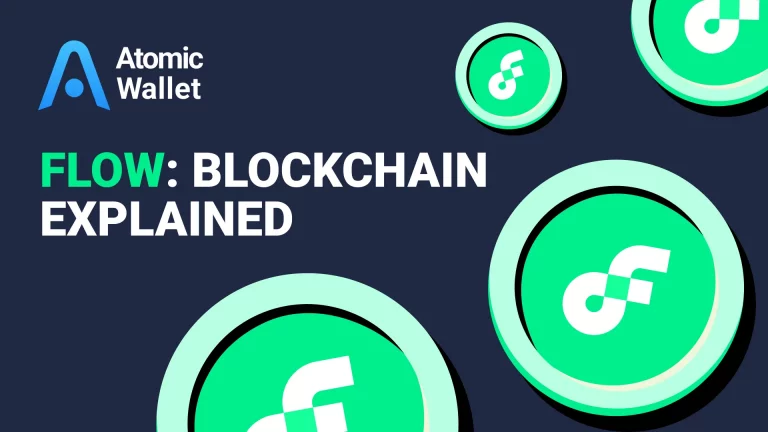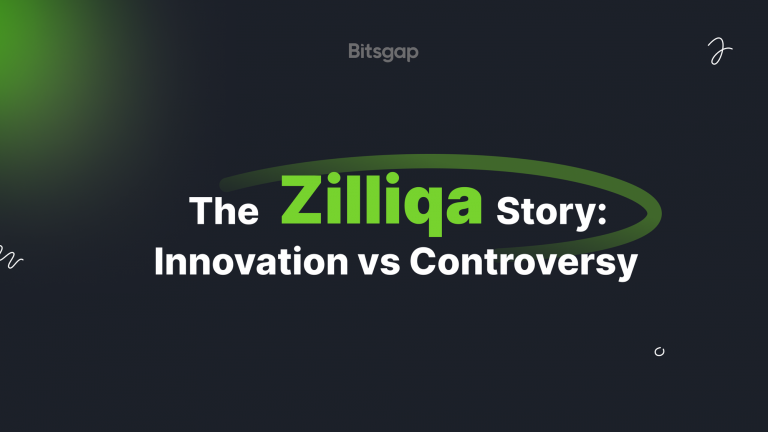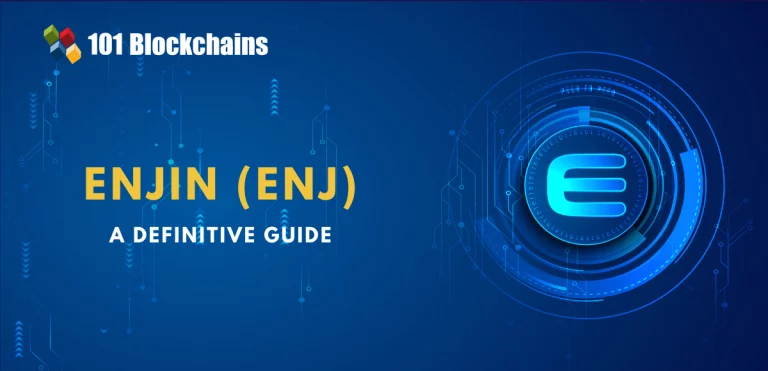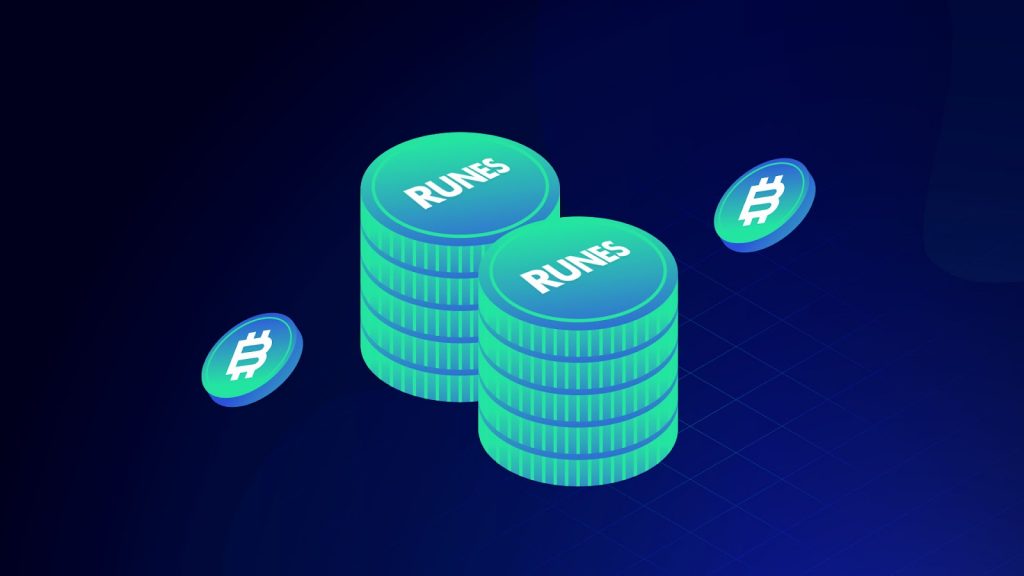
Runebase (RUNE) A Decentralized Liquidity Protocol
Runebase, a decentralized exchange (DEX) protocol built on the THORChain network, aims to provide a more efficient and flexible way for users to trade cryptocurrencies. Runebase’s unique features and focus on interoperability have made it a popular choice for traders and investors in the DeFi ecosystem.
The Birth of Runebase
Runebase was founded in 2021 with the goal of creating a decentralized exchange that could offer a wider range of trading pairs and lower fees than existing platforms. The platform’s founders recognized the potential of the THORChain network to provide a scalable and secure foundation for a decentralized exchange.
How Runebase Works
Runebase operates on a decentralized autonomous organization (DAO) model, meaning it is governed by its community of users. The platform uses a unique automated market maker (AMM) algorithm that allows users to create their own liquidity pools with custom token weights. This gives users more flexibility in terms of the assets they want to trade and the fees they want to charge.
Runebase also offers a variety of other features, including:
- Cross-Chain Swapping: Runebase allows users to swap tokens between different blockchain networks, such as Ethereum, Bitcoin, and Binance Smart Chain.
- Yield Farming: Runebase offers a liquidity mining program that rewards users for providing liquidity to the platform.
- Governance: Runebase’s DAO model allows users to participate in governance decisions and shape the future of the platform.
The Benefits of Runebase
Runebase offers several benefits, including:
- Interoperability: Runebase’s ability to swap tokens between different blockchains provides greater flexibility and convenience for users.
- Efficiency: Runebase’s AMM algorithm is highly efficient, allowing for fast and cost-effective trades.
- Governance: Runebase’s DAO model allows users to participate in governance decisions and shape the future of the platform.
- Liquidity: Runebase has deep liquidity pools for a variety of assets, making it easy for users to buy and sell tokens.
- Yield Farming: Runebase’s liquidity mining program allows users to earn rewards for providing liquidity to the platform.
The Runebase Ecosystem
Runebase has a growing ecosystem of dApps and projects built on the platform. Some notable examples include:
- Runebase Exchange: The main decentralized exchange for trading tokens on the Runebase platform.
- Runebase Vault: A platform for staking tokens and earning rewards.
- Runebase DAO: The governance body for the Runebase platform.
The Future of Runebase
The future of Runebase looks promising, as the demand for decentralized exchanges and cross-chain interoperability continues to grow. Runebase’s focus on flexibility, efficiency, and governance positions it well to become a leading player in the DeFi ecosystem.
As the DeFi ecosystem evolves, Runebase may find new and innovative ways to provide value to its users. With its potential to revolutionize the way people trade cryptocurrencies, Runebase has the potential to become a cornerstone of the decentralized finance landscape.
In conclusion, Runebase is a decentralized exchange that offers a unique and innovative approach to trading cryptocurrencies. Its focus on interoperability, efficiency, and governance make it a compelling choice for traders and investors seeking to participate in the DeFi ecosystem. As the DeFi space continues to grow, Runebase is likely to remain a leading player in the industry.
